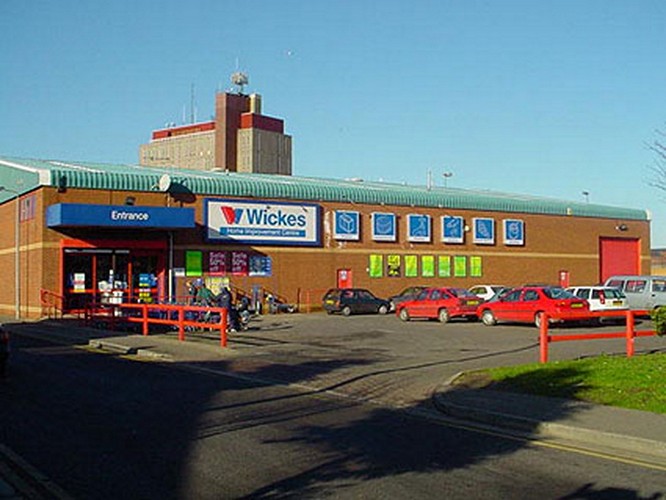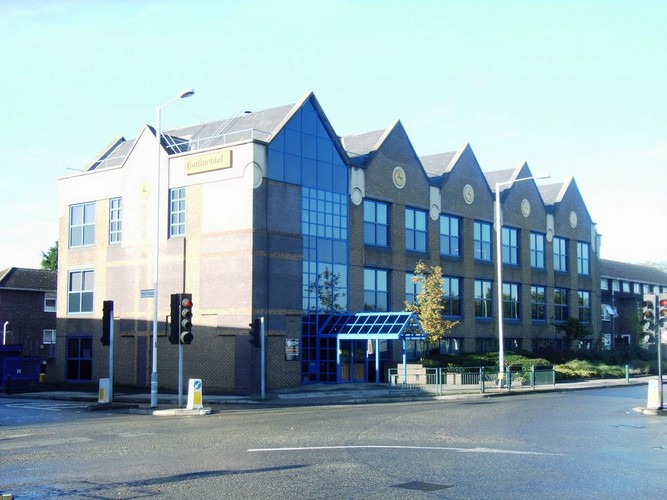“Commercial property” is generally the common and wide ranging term used to describe non-residential buildings and can include offices, shops, warehouses, factories, pubs, leisure centres, hotels, car showrooms, supermarkets, retail parks etc.
During the past twenty years we have acquired a wide range of commercial investments throughout London and the UK ranging from small single shops through to large office buildings, warehouses, supermarkets and public houses.
Our search and acquisition service includes matching properties and areas to your own specific budget, requirements and risk profile. We undertake a full search to carefully select and recommend properties which meet your criteria and which offer maximum potential for rental income and capital growth.

PRIME & SECONDARY
If you are new to the Commercial arena you may not realise that commercial properties are often referred to as being either “prime” or “secondary”.
The term “prime property” usually refers to properties found in the main office and retailing areas of Cities and town centres. These properties are generally let to major corporate tenants such as financial institutions, insurance companies, major retailers etc. The length of the tenant's lease and the associated rental values will be at their highest in these areas, but yields are generally lower as the perceived risk to investors is minimal.
“Secondary properties” are more usually those found outside the prime areas and in local town centres and suburban locations. Occupiers are more likely to be regional and private independent companies, as well as multi-chain retailers. Rents are lower than in the “prime” locations and tenants lease lengths are generally shorter, so yields are higher to reflect the perceived risk to investors.
For those investors not experienced in commercial property, probably the main difference is that commercial investments are generally acquired with a tenant already in place, whereas residential properties are more commonly bought with vacant possession, and a tenant is then found. In addition commercial properties are usually let on “full repairing and insuring” terms which means the tenant is responsible for all costs associated with repair and maintenance during the period of the tenancy. This is very different to residential property where the cost of maintenance and repair is usually the responsibility of the Landlord.
RE-DEVELOPMENT AND CHANGE OF USE
Many of the commercial acquisitions we handle for clients involve buying vacant commercial buildings such as office blocks, banks and vacant pubs and then obtaining planning consent for change of use, conversion or re-development into residential and mixed-use schemes. Although the rewards for investors can be very high in a short period of time, it is also more speculative and can involve properties where little or no rental income is being received during the planning application period.

Whether you have an existing commercial portfolio, or are considering your first purchase, we would be delighted to help you and kindly ask you to e-mail Adam Lewczynski at adam@londonpropertyinvestments.com or phone on 00 44 (0) 7775 89 33 82.